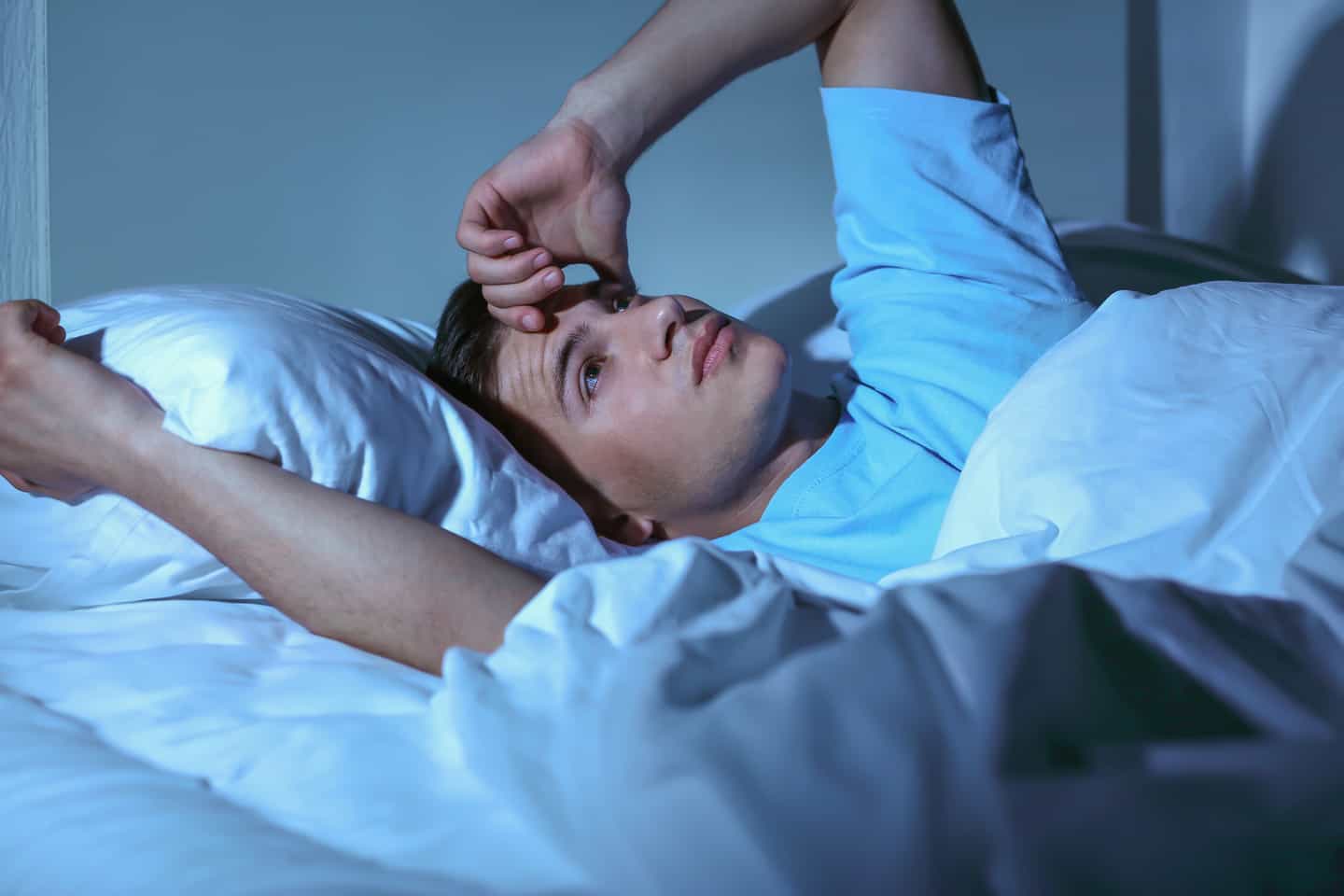How to Find the Right Treatment for Your Sleep Disorder
Sleep is essential for maintaining good health, yet millions of people worldwide suffer from sleep disorders. These disorders can affect sleep quality and overall well-being, leading to fatigue, mood swings, and other health complications.
Sleep disorders refer to conditions that disrupt a person’s normal sleep patterns, making it difficult to fall asleep, stay asleep, or wake up feeling refreshed. They can range from mild disturbances to severe conditions, and they often impact daily functioning. The most common sleep disorders include insomnia, sleep apnea, restless leg syndrome, narcolepsy, and parasomnias.
Common Types of Sleep Disorders
Insomnia: This is the most common sleep disorder, characterized by difficulty falling asleep or staying asleep. Insomnia can be caused by stress, anxiety, poor sleep habits, or underlying medical conditions. Chronic insomnia can lead to fatigue, irritability, and cognitive issues.
Sleep Apnea: Sleep apnea is a potentially serious condition where a person’s breathing repeatedly stops and starts during sleep. The most common type is obstructive sleep apnea, where the muscles in the throat relax excessively, blocking the airway. This leads to frequent awakenings during the night and poor-quality sleep. People with sleep apnea often snore loudly and feel excessively tired during the day.
Restless Leg Syndrome (RLS): RLS is a condition characterized by an irresistible urge to move the legs, especially during periods of rest or inactivity. This can make falling asleep challenging and can lead to discomfort and disturbances during the night.
Narcolepsy: Narcolepsy is a neurological disorder that causes overwhelming daytime drowsiness and sudden sleep attacks. Individuals with narcolepsy may experience periods of deep sleep during the day and have difficulty staying awake and alert during normal daily activities.
Parasomnias: These include sleepwalking, sleep talking, and night terrors. Parasomnias often occur during deep stages of sleep and can be potentially dangerous, especially in sleepwalking cases. People with parasomnias may not be aware of their actions during episodes.
Causes of Sleep Disorders
Sleep disorders can be caused by a variety of factors, including:
- Stress and Anxiety: Worrying about work, relationships, or health can significantly disrupt sleep, leading to insomnia or other sleep issues.
- Medical Conditions: Chronic pain, asthma, depression, and other medical conditions can interfere with sleep. Sleep apnea is often linked to obesity, heart disease, or hypertension.
- Lifestyle Factors: Poor sleep habits, such as irregular sleep schedules, excessive screen time before bed, and consuming caffeine or alcohol close to bedtime, can contribute to sleep disorders.
- Genetics: Some sleep disorders, such as narcolepsy, may have a genetic component, making certain individuals more susceptible.
- Environmental Factors: Noise, light, and temperature can impact sleep quality. Sleep disorders can also be influenced by work shifts or travel across time zones.
From Innovation to Reality: Japan’s ‘Human Washing Machine’ Set to Change Hygiene Forever
Symptoms of Sleep Disorders
The symptoms of sleep disorders can vary depending on the specific condition but may include:
- Difficulty falling asleep or staying asleep
- Feeling tired or unrefreshed after sleep
- Loud snoring or choking during sleep (in the case of sleep apnea)
- Difficulty concentrating or memory problems
- Irritability and mood swings
- Unexplained daytime sleepiness or fatigue
- Restless legs or frequent movement during sleep
Treatment Options for Sleep Disorders
Effective treatment for sleep disorders depends on the underlying cause. Here are some common treatment options:
- Cognitive Behavioral Therapy (CBT): CBT is particularly effective for treating insomnia. It involves changing negative thought patterns and behaviors that contribute to sleep problems.
- Lifestyle and Sleep Hygiene Improvements: Establishing a regular sleep schedule, avoiding caffeine before bedtime, and creating a comfortable sleep environment can improve sleep quality.
- Medications: For some people, medications such as sleep aids, antidepressants, or medications for underlying conditions like anxiety or depression may be prescribed to help improve sleep. However, they should be used cautiously and under medical supervision.
- Continuous Positive Airway Pressure (CPAP) for Sleep Apnea: People with sleep apnea may benefit from using a CPAP machine, which helps keep the airway open during sleep.
- Physical Therapy or Medication for Restless Leg Syndrome: Doctors may recommend certain exercises, medications, or lifestyle changes to reduce RLS symptoms.
- Surgery or Medical Devices: In severe cases of sleep apnea, surgery or the use of medical devices like mandibular advancement devices may be necessary to keep the airway open.
If you experience persistent sleep problems that affect your daily life, it’s important to seek medical advice. A healthcare professional can diagnose the underlying cause and recommend appropriate treatment options.
Source: https://www.healthline.com/health/sleep/disorders
https://www.cedars-sinai.org/blog/understanding-treating-sleep-disturbances.html





